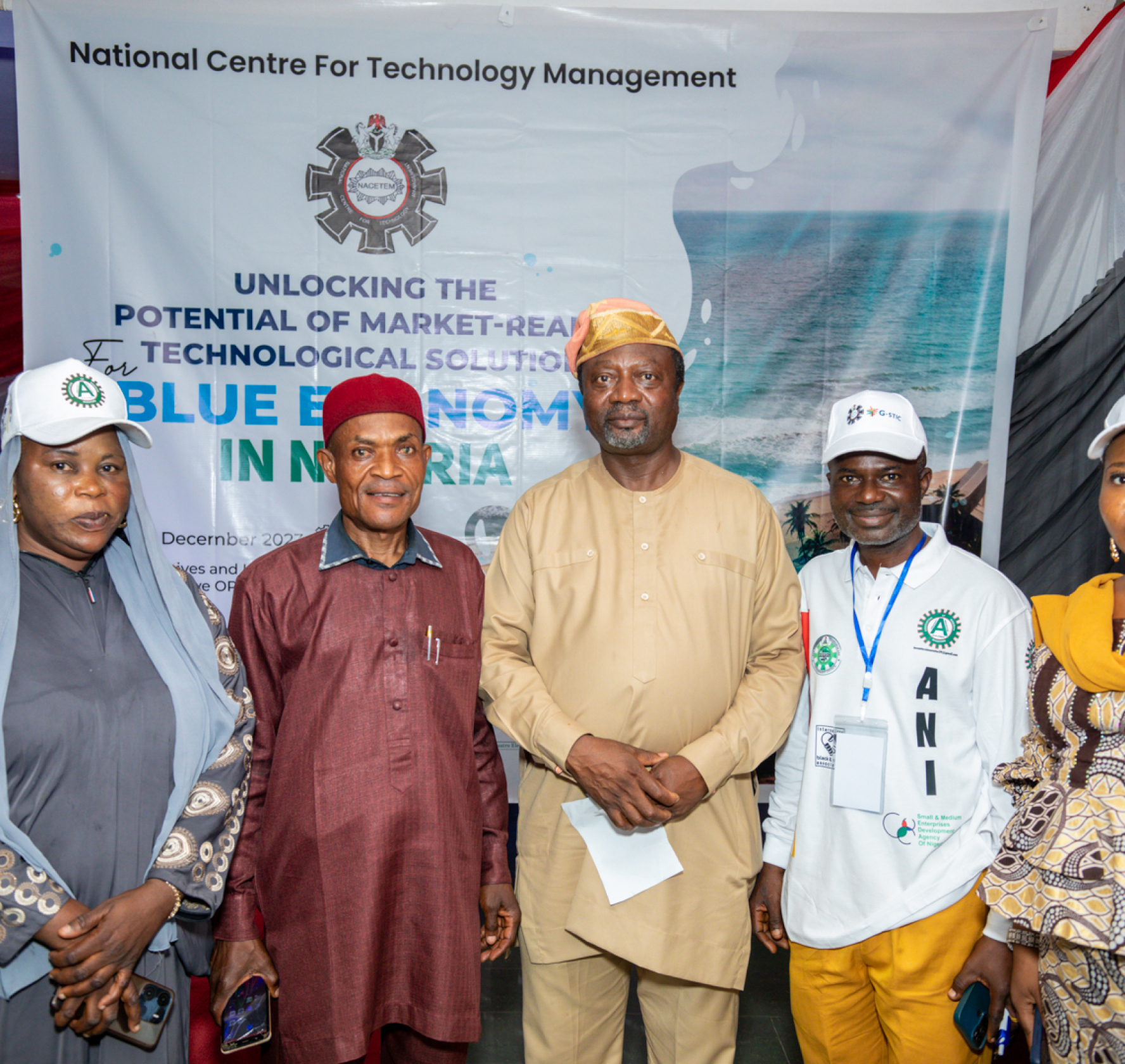About Us
National Centre for Technology Management
Bridging the Gap Between Technology, Innovation, and Policy for Nigeria’s Sustainable Development.

Who We Are
Our History
The National Centre for Technology Management (NACETEM) was established in September 1992, following the 2nd Conference of Ministers responsible for Application of Science and Technology to the Socio-Economic Establishment of Africa (CASTAFRICA II) in 1987.
It began operations in January 1993 at Obafemi Awolowo University (OAU) in Ile-Ife, Nigeria. In November 2005, NACETEM expanded its mandates to the West African sub-region by merging with the former Regional Programme for Technology Management (REPTEM) and gained agency status under the Federal Ministry of Science and Technology.
Today, it focuses on training high-level manpower, conducting policy research in science and technology management, and providing vital knowledge support to enhance Nigeria’s STI system.
Our Core Values
Excellence
Commitment to achieving high standards & ensuring quality training and research.
Integrity
Upholding ethical standards and transparency, fostering trust among stakeholders.
Collaboration
Promoting teamwork with stakeholders, including government and academia.
Innovation
Encouraging creativity and new ideas in technology management.
Integrity
Focusing on sustainable development to address societal challenges.
Our Vision and Mission
Our vision and mission reflect our dedication to shaping a future where technological advancement fuels national growth and enhances the quality of life for all citizens.

From the DG/CEO's Desk
New Strategic Goals of NACETEM
As part of its ongoing mission to drive innovation and strengthen the national economy through effective science, technology, and innovation (STI) management, the National Centre for Technology Management (NACETEM) has outlined a series of strategic goals aimed at enhancing its capacity and operational efficiency.
Strengthen capacity building services of the Agency.
Digitize all operational activities and services of the Agency(E-NACETEM).
FCSSIP25 implementation for reformation of the Agency.
Create new STEM education programs.
Certification programs for tech-artisans.
Technology infusion programs to all sectors of the national economy
STI management researches & policy evaluations.
Institution of an annual high-level technology innovation policy dialogue.
Introduction of the NACETEM Academy to manage educational services provided by NACETEM.
Building capacities and professionalism of NACETEM staff.
Our Vision
To be an internationally recognised centre of excellence in science, technology and innovation management for sustainable development.

Our Mission
To play a leading role in the build-up of expertise for effective management of science, technology and innovation management and to actively engage in policy research, design, evaluation and review

Our Mandate
To serve as a TRAINING CENTRE for the development of high level manpower in the Science, Technology and Innovation (STI) management to all tiers of government and the private sector.
Training Centre
To serve as a TRAINING CENTRE for the development of high level manpower in the Science, Technology and Innovation (STI) management to all tiers of government and the private sector.
Policy Research
To conduct POLICY RESEARCH, evaluation and review with a view to providing sound policy advice for dynamic technology-driven, knowledge-based development
Capacity Building
To design and run postgraduate course/programmes in STI management in conjunction with appropriate with appropriate established institution home or/and abroad.
STI Databank
To establish, maintain and provide relevant databases on STI engagements, as well as providing access to databanks on STI research outputs to facilitate activities towards commercial exploitation
STI Formulation
To assist the various governments (Federal, State and Local) in the country in STI policy formulation and strategies for utilising such for development
Collaboration
To collaborate with other countries especially African countries in STI training, policy research and consultancy
